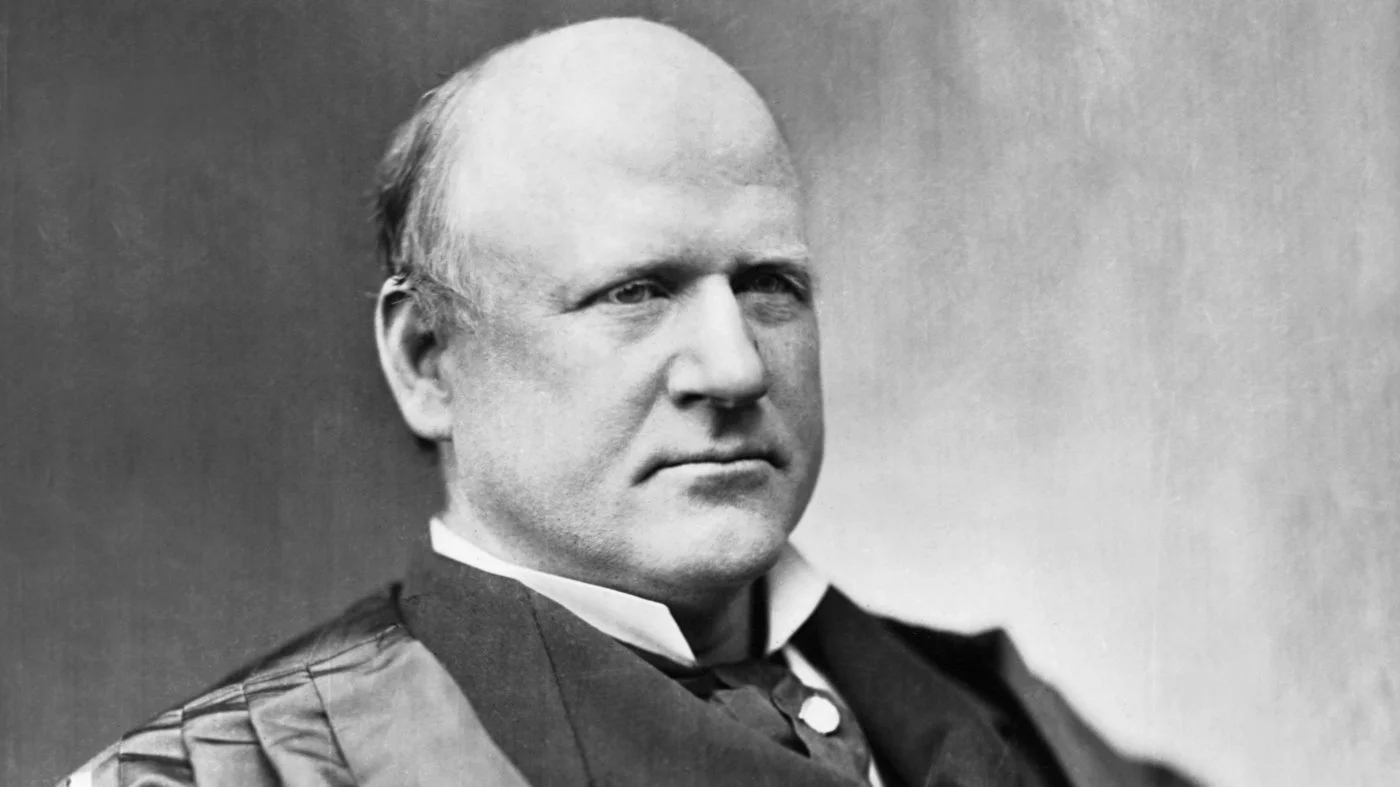Those who know Harlan only because of his most famous Plessy v Ferguson dissent will be surprised by the debate surrounding the justice’s evolving and complicated legacy. During his lifetime, liberals praised Harlan’s views on economic regulation, and African Americans revered his support of civil rights. These encomiums stood in stark contrast to Harlan’s reputation among many of his contemporaries and later generations of legal chroniclers. Unable to appreciate his prophetic rulings, they dismissed him as an eccentric. His stature rose only after Thurgood Marshall christened his dissent in Plessy as the “bible” of the NAACP’s legal crusade combating segregation. Still predominant, this viewpoint, has been clouded by an unsettling question in recent years: Did Harlan, a champion of African American equality, condone discrimination targeting other minorities? Would he have endorsed affirmative action, as liberals claim? Or would he have opposed such efforts because they treat racial groups differently, as conservatives, including Justice Clarence Thomas, now assert? If you join this SDG, think about ongoing debates and insights into the principles shaping the justice’s thinking, comprehend his unsettled legacy and cast a light on why it has morphed over time.




